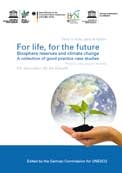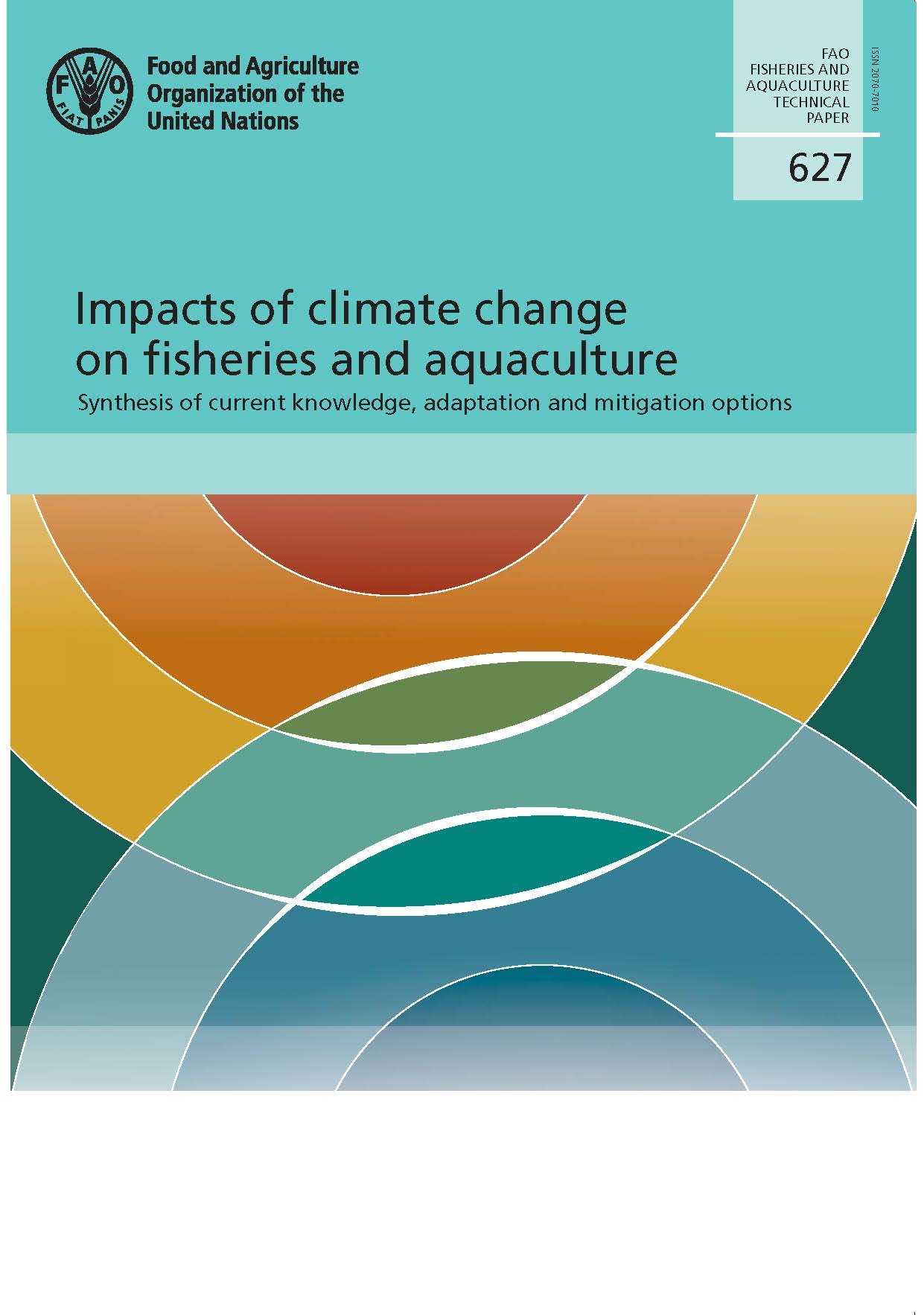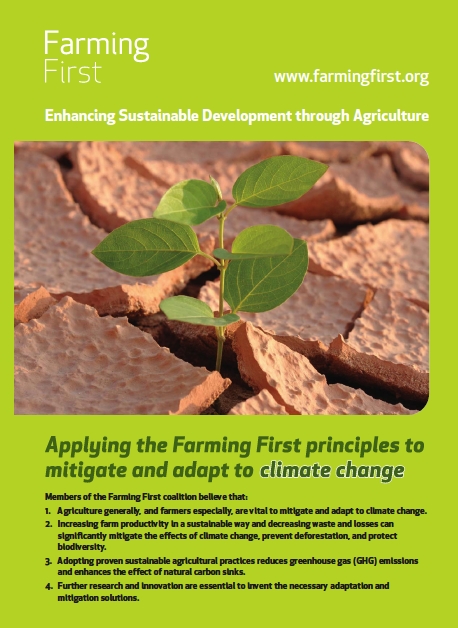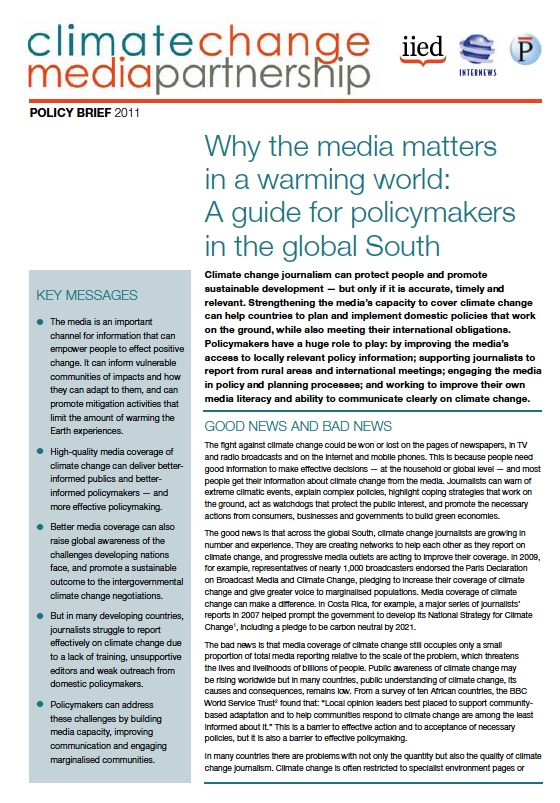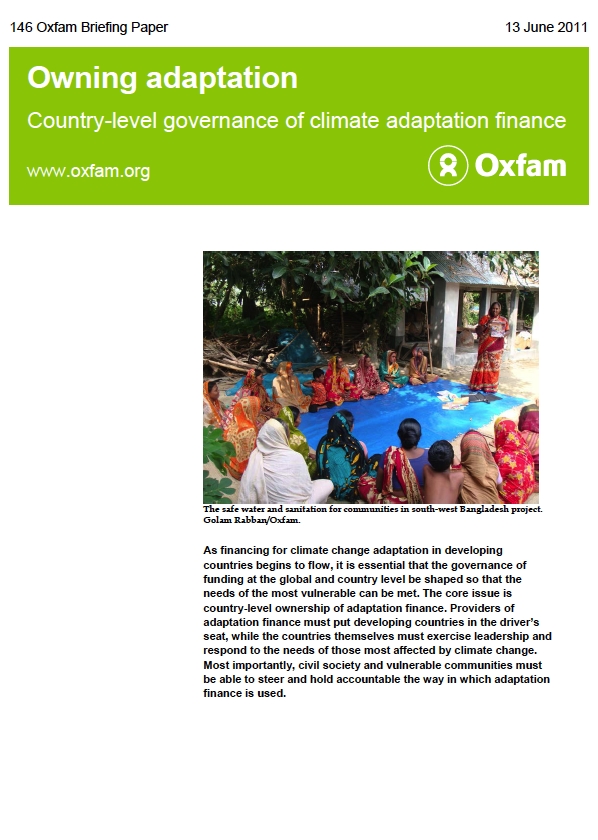Harvested Publications
UNESCO biosphere reserves are ideal places to test, evaluate and implement comprehensive climate change policies. This publication presents a selection of case studies about good practice to demonstrate what biosphere reserves are already doing in this policy field.
The 2015 Paris Climate Agreement recognizes the need for effective and progressive responses to the urgent threat of climate change, through mitigation and adaptation measures, while taking into account the particular vulnerabilities of food production systems. The inclusion of adaptation measures in the fisheries and aquaculture sector is currently hampered by a widespread lack of targeted analyses of the sector’s vulnerabilities to climate change and associated risks, as well as the opportunities and responses available. This report provides the most…
Applying the Farming First Principles to Mitigate and Adapt to Climate Change As key stakeholders in agriculture, the world’s farmers, agronomists, scientists, engineers, and industries are working together through an open coalition, to provide innovative solutions which reduce emissions from agriculture and adapt to climate change while increasing agricultural productivity to meet growing food needs. Given growing food demands, we believe that rather than pursuing blanket reduction targets for GHG emissions in agriculture, governments should commit to climate change mitigation…
Climate change journalism can protect people and promote sustainable development — but only if it is accurate, timely and relevant. Strengthening the media’s capacity to cover climate change can help countries to plan and implement domestic policies that work on the ground, while also meeting their international obligations. Policymakers have a huge role to play: by improving the media’s access to locally relevant policy information; supporting journalists to report from rural areas and international meetings; engaging the media in policy and planning processes, and working to improve…
As financing for climate change adaptation in developing countries begins to flow, it is essential that the governance of funding at the global and country level be shaped so that the needs of the most vulnerable can be met. The core issue is country-level ownership of adaptation finance. Providers of adaptation finance must put developing countries in the driver’s seat, while the countries themselves must exercise leadership and respond to the needs of those most affected by climate change. Most…
Launched on World Oceans Day 2011, Taking Steps Toward Marine and Coastal Ecosystem-Based Management: An Introductory Guide, explains in simple, accessible language how sharing knowledge and best practices across different sectors can make marine management more effective. Using over 20 case studies and success stories, ranging from polar ecosystems in Antarctica to atolls in the Indian Ocean, the publication offers guidance to marine managers towards achieving long-term sustainability, from initial planning of how to deal with environmental degradation to on-site implementation…

